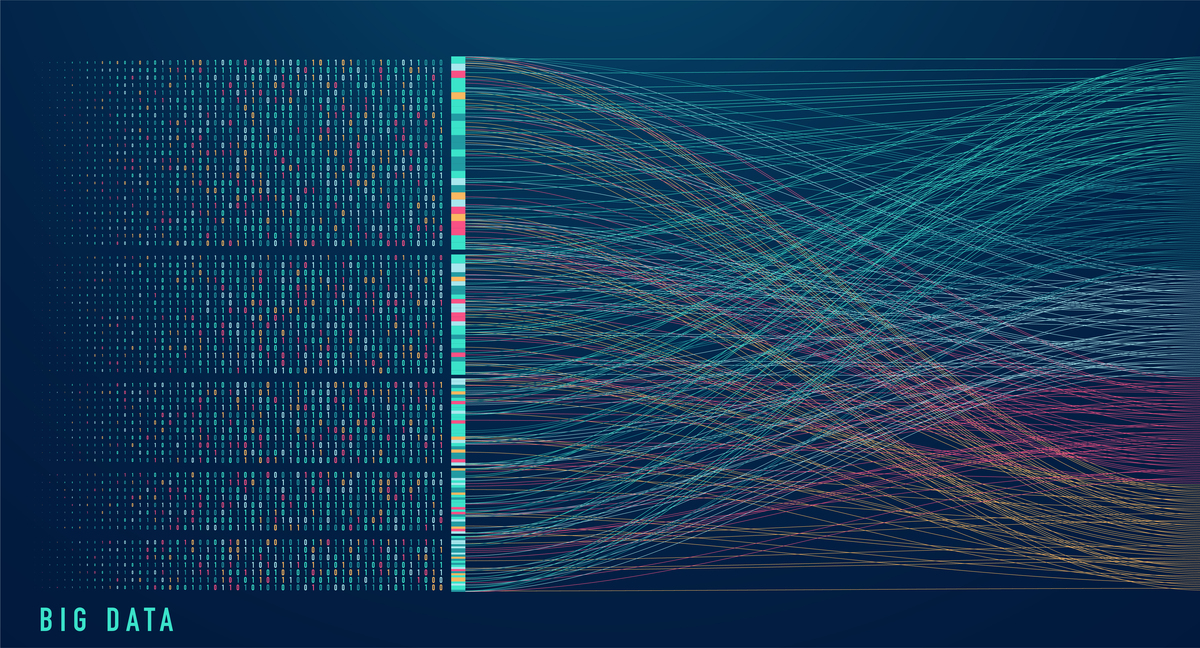Python OpenCV 角点检测和图像匹配示例
import cv2
import numpy as np
from matplotlib import pyplot as plt
img1 = cv2.imread('1.png')
img2 = cv2.imread('4.png')
gray1 = cv2.cvtColor(img1, cv2.COLOR_BGR2GRAY)
gray1 = np.float32(gray1)
dst1 = cv2.cornerHarris(gray1, 2, 3, 0.04)
img1[dst1 > 0.01 * dst1.max()] = [0, 0, 255]
gray2 = cv2.cvtColor(img2, cv2.COLOR_BGR2GRAY)
gray2 = np.float32(gray2)
dst2 = cv2.cornerHarris(gray2, 2, 23, 0.04)
img2[dst2 > 0.01 * dst2.max()] = [0, 0, 255]
img1 = cv2.convertScaleAbs(img1)
img2 = cv2.convertScaleAbs(img2)
# 从一幅 Harris 响应图像中返回角点,min_dist 为分割角点和图像边界的最少像素数目
def get_harris_points(harrisim, min_dist=10, threshold=0.1):
# 寻找高于阈值的候选角点
corner_threshold = harrisim.max() * threshold
harrisim_t = (harrisim > corner_threshold) * 1
# 得到候选点的坐标
coords = np.array(harrisim_t.nonzero()).T
# 以及它们的 Harris 响应值
candidate_values = [harrisim[c[0], c[1]] for c in coords]
# 对候选点按照 Harris 响应值进行排序
index = np.argsort(candidate_values)[::-1]
# 将可行点的位置保存到数组中
allowed_locations = np.zeros(harrisim.shape)
allowed_locations[min_dist:-min_dist, min_dist:-min_dist] = 1
# 按照 min_distance 原则,选择最佳 Harris 点
filtered_coords = []
for i in index:
if allowed_locations[coords[i, 0], coords[i, 1]] == 1:
filtered_coords.append(coords[i])
allowed_locations[(coords[i, 0] - min_dist):(coords[i, 0] + min_dist),
(coords[i, 1] - min_dist):(coords[i, 1] + min_dist)] = 0
return filtered_coords
# 对于每个返回的点,返回点周围 2*wid+1 个像素的值(假设选取点的 min_distance > wid)
def get_descriptors(image, filtered_coords, wid=5):
desc = []
for coords in filtered_coords:
patch = image[coords[0] - wid:coords[0] + wid + 1,
coords[1] - wid:coords[1] + wid + 1].flatten()
desc.append(patch)
return desc
# 对于第一幅图像中的每个角点描述子,使用归一化互相关,选取它在第二幅图像中的匹配角点
def match(desc1, desc2, threshold=0.5):
n = len(desc1[0])
# 点对的距离
d = -np.ones((len(desc1), len(desc2)))
for i in range(len(desc1)):
for j in range(len(desc2)):
d1 = (desc1[i] - np.mean(desc1[i])) / np.std(desc1[i])
d2 = (desc2[j] - np.mean(desc2[j])) / np.std(desc2[j])
ncc_value = sum(d1 * d2) / n
if ncc_value > threshold:
d[i, j] = ncc_value
ndx = np.argsort(-d) # 从大 0 到小排序
matchscores = ndx[:, 0] # 最大一个数的位置坐标
return matchscores
# 两边对称版本的 match()
def match_twosided(desc1, desc2, threshold=0.5):
matches_12 = match(desc1, desc2, threshold)
matches_21 = match(desc2, desc1, threshold)
ndx_12 = np.where(matches_12 >= 0)[0]
# 去除非对称的匹配
for n in ndx_12:
if matches_21[matches_12[n]] != n:
matches_12[n] = -1
return matches_12
# 返回将两幅图像并排拼接成的一幅新图像
def appendimages(im1, im2):
row1 = im1.shape[0]
row2 = im2.shape[0]
if row1 < row2:
im1 = np.concatenate((im1, np.zeros((row2 - row1, im1.shape[1], im1.shape[2]))), axis=0)
elif row1 > row2:
im2 = np.concatenate((im2, np.zeros((row1 - row2, im2.shape[1], im2.shape[2]))), axis=0)
return np.concatenate((im1, im2), axis=1)
# 显示一幅带有连接匹配之间连线的图片
# 输入:im1,im2(数组图像),locs1,locs2(特征位置),matchscores(match 的输出),
def plot_matches(img1, img2, locs1, locs2, matchscores, show_below=False):
img3 = appendimages(img1, img2)
if show_below:
img3 = np.vstack((img3, img3))
img3 = cv2.convertScaleAbs(img3)
plt.imshow(cv2.cvtColor(img3, cv2.COLOR_BGR2RGB))
cols1 = img1.shape[1]
for i, m in enumerate(matchscores):
if m > 0:
plt.plot([locs1[i][1], locs2[m][1] + cols1], [locs1[i][0], locs2[m][0]], 'c')
plt.axis('off')
plt.show()
#cv2.imshow('corners-1',img1)
#cv2.imshow('corners-2',img2)
#cv2.waitKey(0)
#cv2.destroyAllWindows()
if "__main__" == __name__:
wid=9 #比较像素点数目
filtered_coords1 = get_harris_points(dst1, wid+1,0.01) #图1大于阈值的坐标
filtered_coords2 = get_harris_points(dst2, wid+1,0.01) #图2大于阈值的坐标
d1 = get_descriptors(img1, filtered_coords1, wid)
d2 = get_descriptors(img2, filtered_coords2, wid)
matches = match_twosided(d1, d2,0.8) #图1的阈值点与图二哪个阈值点相关度最高,输出与图一相关性最大点的坐标
plt.figure(figsize=(30, 20));
plot_matches(img1, img2,filtered_coords1, filtered_coords2, matches)
cv2.waitKey()
cv2.destroyAllWindows()
# 为什么这段代码运行后只有 1 根连线内容:可能是因为阈值设置过高,导致匹配点数量太少。可以尝试降低阈值或调整其他参数来提高匹配点的数量。另外,也可以尝试使用其他的特征检测和匹配算法来进行图像匹配。

原文地址: https://www.cveoy.top/t/topic/koCh 著作权归作者所有。请勿转载和采集!